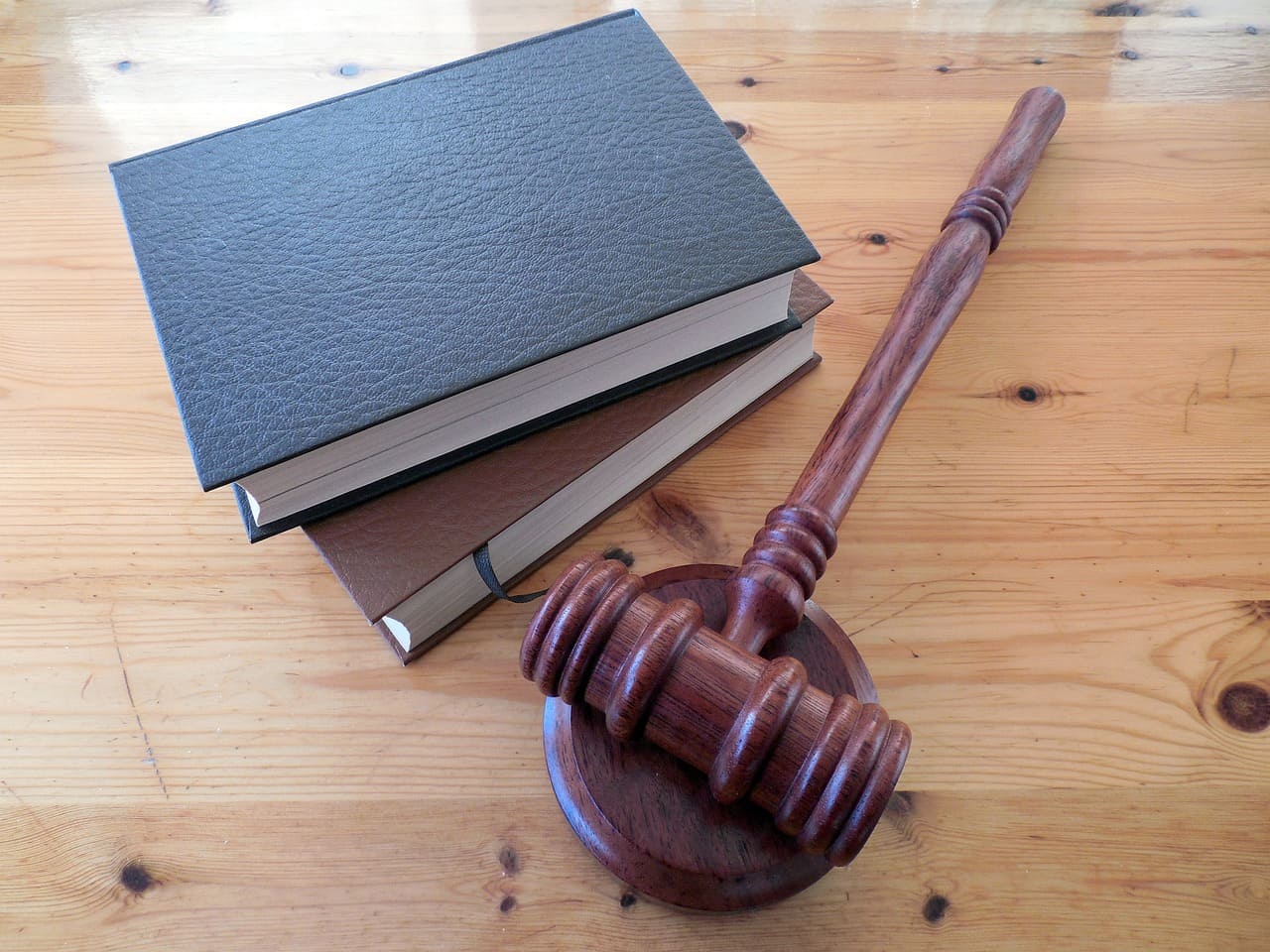
What Lawyers Should Avoid
Lawyers need to avoid some things for better performance. Being a lawyer entails significant responsibilities, as legal professionals are entrusted with the task of upholding justice and safeguarding their clients’ interests. While lawyers play a vital role in society, it is equally crucial for them to recognize potential pitfalls and avoid certain actions or behaviors that could compromise their professional integrity and reputation. This article aims to shed light on the key aspects that lawyers should avoid, ensuring they adhere to ethical standards and maintain their credibility.
1. Conflict of Interest
Maintaining undivided loyalty to clients is a cornerstone of the legal profession. Lawyers must avoid any conflicts of interest that may compromise their ability to prioritize their clients’ best interests. Engaging in business transactions or representing clients with conflicting interests can undermine their impartiality and damage their reputation. It is imperative for lawyers to thoroughly assess potential conflicts and decline representation if necessary, to uphold their professional duty.
2. Lack of Communication
Effective communication is paramount in the lawyer-client relationship. Lawyers must avoid any lapses in communication, ensuring they provide timely updates and explanations regarding case developments. Failing to communicate can lead to misunderstandings, client dissatisfaction, and even legal malpractice claims. Regular and clear communication fosters trust, keeps clients informed, and allows for informed decision-making.
3. Neglecting Professional Development
Law is a dynamic field, continuously evolving due to new legislation, court decisions, and emerging trends. Lawyers must actively engage in ongoing professional development to stay updated with the latest legal developments and enhance their skills. Neglecting professional growth can hinder a lawyer’s ability to provide competent and effective representation to their clients. Continuous learning through attending seminars, workshops, and staying informed about legal precedents is vital for maintaining professional excellence.
4. Breach of Confidentiality
Confidentiality is the cornerstone of the attorney-client relationship, promoting open communication and trust. Lawyers must avoid any breaches of client confidentiality, refraining from sharing privileged information without proper authorization. Unauthorized disclosures of client confidences not only violate ethical obligations but can also have severe legal consequences, including disbarment and civil liability. Lawyers must handle client information with the utmost care and strictly adhere to professional confidentiality standards.
5. Unprofessional Conduct
Maintaining a high level of professionalism is crucial for lawyers to inspire confidence and trust in their clients, colleagues, and the judiciary. Engaging in unprofessional conduct, such as disrespectful behavior, lack of civility, or failing to meet deadlines, can harm a lawyer’s reputation and credibility. Lawyers must always uphold the principles of professionalism, treating all parties involved with respect and courtesy, regardless of the circumstances.
6. Overbilling and Unreasonable Fees
Lawyers have a professional obligation to charge reasonable fees for their services. Overbilling clients or charging excessive and unreasonable fees not only violates ethical standards but can also result in legal disputes and damage to the lawyer’s reputation. Lawyers must ensure that their billing practices are transparent, reasonable, and accurately reflect the services rendered.
7. Neglecting Well-being
The legal profession is demanding, often involving long hours, high stress levels, and intense workloads. Lawyers must avoid neglecting their own well-being and mental health. Prioritizing self-care, maintaining work-life balance, and seeking support when needed can help prevent burnout, maintain a clear mind, and ensure the delivery of quality legal services.
8. Engaging in Unethical Practices
Lawyers must strictly adhere to ethical rules and guidelines set forth by their respective bar associations. Engaging in unethical practices, such as dishonesty, misleading statements, or bribery, not only undermines the legal system but can also lead to severe consequences, including license revocation. Upholding the highest ethical standards is essential for lawyers to maintain public trust and confidence in the legal profession.

Lawyers
9. Lack of Preparation and Diligence
Thorough preparation and diligent representation are fundamental to providing effective legal services. Lawyers must avoid negligence or a lack of preparation, as it can result in subpar representation and harm the client’s interests. Diligently researching case law, investigating facts, and staying up-to-date with legal precedents are essential for providing competent representation.
10. Failing to Manage Conflicts within Law Firms:
In larger law firms or partnerships, conflicts among attorneys can arise, leading to internal disputes and affecting client representation. Lawyers must avoid neglecting or mishandling conflicts within their law firms. Implementing conflict resolution mechanisms, open communication, and fostering a healthy work environment can help prevent conflicts from adversely impacting client relationships and the overall reputation of the firm.
11. Violating Courtroom Decorum
Lawyers who fail to maintain proper courtroom decorum risk damaging their credibility and negatively impacting their clients’ cases. Displaying disrespectful behavior towards opposing counsel, judges, or courtroom staff undermines the legal process and can result in reprimands or sanctions. Lawyers should always adhere to courtroom etiquette, demonstrating professionalism, respect, and civility.
12. Neglecting Technological Advancements:
In today’s digital age, technology plays a significant role in the legal profession. Lawyers must embrace and adapt to technological advancements to streamline their practice, improve efficiency, and effectively serve their clients. Failing to utilize technology appropriately can lead to inefficiencies, communication breakdowns, and missed opportunities to leverage innovative legal tools.
13. Failure to Maintain Trust Accounts
Lawyers who handle client funds are required to maintain trust accounts separate from their personal or firm accounts. Mishandling client funds, commingling funds, or failing to properly account for trust account transactions can result in severe disciplinary actions and jeopardize a lawyer’s professional standing. Lawyers must meticulously manage trust accounts, ensuring compliance with financial regulations and maintaining accurate records.
14. Inadequate Client Intake and Engagement
Proper client intake and engagement are crucial for establishing a clear understanding of client objectives, managing expectations, and providing effective representation. Lawyers should avoid taking on clients or cases without conducting due diligence or determining if they have the necessary expertise and resources to handle the matter. Thoroughly assessing client needs, discussing legal strategies, and setting realistic expectations from the outset are essential for building strong lawyer-client relationships.
15. Failing to Stay Abreast of Legal Developments
Laws are continuously evolving, and lawyers must stay informed about legislative changes, court rulings, and legal trends relevant to their practice areas. Failing to keep up with legal developments can hinder a lawyer’s ability to provide accurate advice, represent clients effectively, and achieve successful outcomes. Regularly reading legal publications, attending seminars, and participating in professional networks are critical for staying current in the ever-changing legal landscape.
As legal professionals, lawyers have a significant impact on the lives of their clients and society as a whole. By being aware of and actively avoiding potential pitfalls, lawyers can uphold their ethical responsibilities, maintain their professional integrity, and provide exceptional legal representation. By avoiding conflicts of interest, prioritizing communication, pursuing continuous professional development, safeguarding client confidentiality, demonstrating professionalism, charging reasonable fees, and nurturing their own well-being, lawyers can navigate their careers successfully